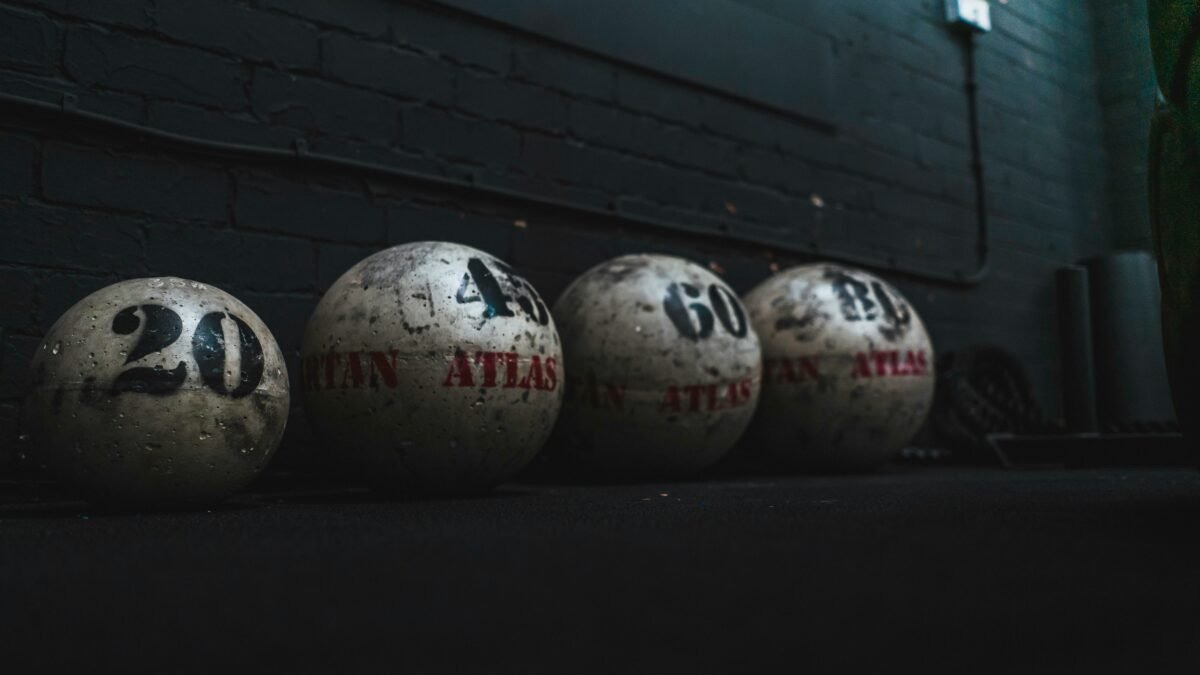Have you ever found yourself wondering why people talk about how much things weigh? It might seem like a small detail, but knowing the weight of things can actually make your life a lot easier. Whether you’re cooking, shipping packages, or just figuring out how much you can lift at the gym, understanding weight can simplify a lot of everyday tasks. Let’s take a look at why this little bit of knowledge can be surprisingly useful.
How to Measure Weight in Everyday Life?
So, how do you actually measure weight? Luckily, there are tools for just about every situation:
Kitchen scales: Perfect for smaller, lighter items like ingredients. They can measure in grams or ounces, helping you nail your recipe every time.
Bathroom scales: These are for tracking your personal weight, usually in kilograms or pounds.
Heavy-duty scales: These are used for larger items, like boxes or luggage, and can measure in kilograms or tons.
Understanding Different Weight Units
Before we dive in, let’s quickly talk about the different units we use to measure weight. While you might be familiar with pounds and kilograms, there are a few others that come into play depending on what you’re doing.
Grams (g): This is the tiniest unit, used for things like a paperclip or a feather. When you’re measuring small stuff—like a pinch of salt or a few almonds—grams are the way to go.
Kilograms (kg): One kilogram is 1,000 grams. This unit is great for heavier stuff, like a bag of flour or a loaf of bread. If you’ve ever looked at a grocery store label, you’ve probably seen kilograms being used.
Pounds (lb): Used mostly in the United States, one pound is about 0.45 kilograms. This is what you’ll see when you step on the bathroom scale, for instance.
Tons (t): A ton is used for really heavy items, like a car or a shipping container. One metric ton is about 1,000 kilograms—now that’s heavy!
So, Why Does Knowing Weights Matter?
Now that we’ve covered the basics, why does it actually matter to know the weight of things? Here’s how it can make your life easier:
1. Perfect Cooking and Baking
If you love to cook or bake, you probably already know that measuring ingredients accurately can make a big difference. Recipes often call for specific weights—like 200 grams of sugar or 2 pounds of chicken. Getting the measurement right ensures your dish turns out just as you expect. Ever tried a cake recipe but found that it didn’t rise properly? That could be because the flour was measured wrong! Knowing how to measure weight can save you from cooking disasters and help you become a kitchen pro.
2. Easier Shipping and Packing
Whether you’re sending a gift or returning an item, knowing the weight of your package is key. A small book might weigh just a few pounds, but if you’re shipping something heavy, like a box of tools, it could get pricey. Being aware of the weight helps you choose the right shipping option and avoid any unexpected costs.
3. Health and Fitness Goals
If you’re working on your health and fitness, tracking your weight is important. Whether you’re watching your diet or trying to build muscle, knowing your weight gives you a clearer picture of your progress. It also helps when you’re lifting weights at the gym—understanding how much you can safely lift is important for avoiding injury. For example, lifting a 50 kg dumbbell (about 110 pounds) might sound doable, but it could be too much for your muscles if you’re not careful.
4. Smarter Shopping
Ever noticed that at the grocery store, you’re often charged by weight? That’s because many products, like fruits, vegetables, and even meat, are sold based on how much they weigh. If you know how much something weighs, you can make smarter decisions about how much to buy—and avoid surprises at checkout. Plus, it helps you stay within your budget.
5. Moving and Lifting Safely
Knowing the weight of things is also super important when you’re moving or lifting. Ever tried to pick up a heavy box and thought, “Wow, this is way heavier than I thought!”? Understanding the weight of the item beforehand can help you avoid straining your muscles or hurting yourself.
For example, trying to lift something that weighs 50 pounds by yourself could lead to injury, so it’s always a good idea to ask for help or use the proper equipment.
Wrapping Up
Knowing the weight of things can really make a difference in your daily life. Whether you’re cooking, shipping, working out, or shopping, being aware of how much something weighs helps you make better decisions, save money, and stay safe. So, next time you’re weighing something—whether it’s in grams, pounds, or even tons—remember, it’s not just about numbers. It’s about making your life a little bit easier, one weight at a time.

